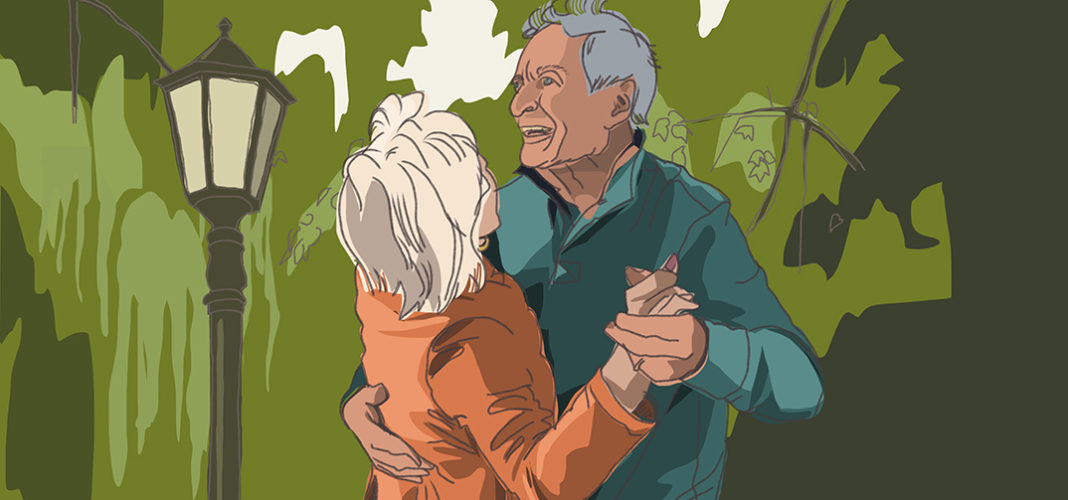Novelty wears off in life and love. Researchers call this process of getting used to things hedonic adaptation. Positive psychologist Sonja Lyubomirsky explores how love changes over time. Quoting Raymond Chandler, she captures the changing nature of love perfectly:
“The first kiss is magic. The second is intimate. The third is routine.”
No matter how hopelessly (or hopefully) romantic you are, falling in love and staying in love are two different experiences. According to Lyubomirsky’s research, the initial burst of happiness people experience after falling in love abates over time. That doesn’t mean the love is gone. It turns from “passionate love” into “companionate love” which is based on shared beliefs, mutual respect and commitment.
In her book The Myth of Happiness, Lyubomirsky suggests a few simple, practical ways to address the pitfalls of hedonic adaptation in relationships. Her insights combine common sense with scientific research.
Appreciation
As we settle into our lives with a partner, day-to-day demands can crowd out expressions of appreciation that were easy and spontaneous at the beginning of the relationship. She suggests writing down things that you appreciate about your partner to slow the “adaptation” process. Another strategy is to imagine life without your partner. The point is not to take your relationship for granted.
Variation
Variety is the key to avoiding stagnation in a relationship. Lyubomirsky suggests learning something new together like a language, taking a dance or cooking class. Routines may be necessary but it’s important to balance them with excitement.
Surprise
Spontaneity makes a difference. Studies show that people are reminded of their attraction to their partner when they see them in an unexpected context — like watching them give a speech if they never have before, or running a marathon for the first time. It reminds them that there is more to the person they brush their teeth next to in the morning.
“The art of love… is largely the art of persistence.” ~Albert Ellis
I wish you all the best,
Dr. Samantha Boardman






